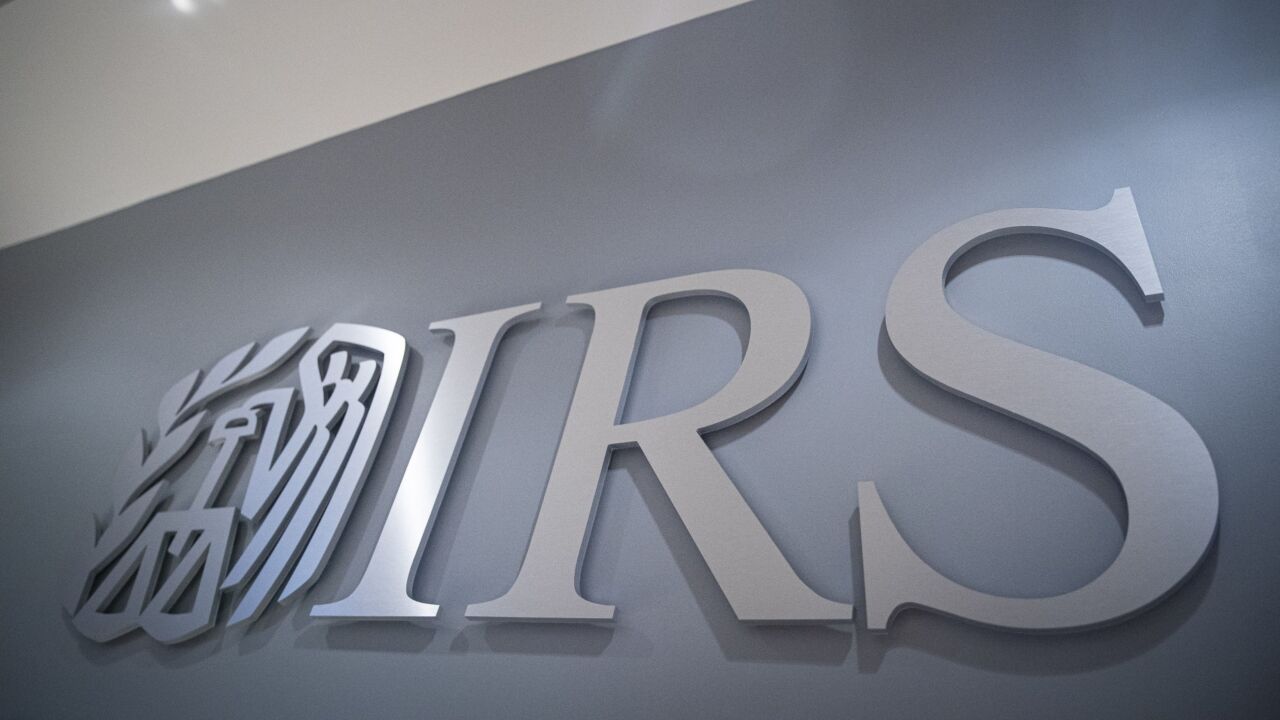The Tax Court recently ruled against the IRS over what constitutes a “present interest” in a Crummey trust.
A Crummey trust, named after the Methodist minister who first used it, is designed to offer the beneficiary a current interest in amounts deposited so that the amount qualifies for the gift tax exclusion.
Israel and Erna Mikel, a husband and wife in Brooklyn, N,Y., used such a vehicle to successfully give over $1.6 million to their 60 beneficiaries.
In 2007, they made a gift to a family trust with a value of $1,631,000. In December 2011, they each filed separate gift tax returns reporting the gifts, claiming an annual exemption of $720,000, based on the contention that each party’s gift included a $12,000 gift of a present interest to each of the trust’s 60 beneficiaries.
To qualify for the annual exclusion, the donee must receive a present interest in property, that is, an unrestricted right to the immediate use, possession, or enjoyment of property. The IRS disallowed the claimed exclusions, determining that the beneficiaries lacked legally enforceable rights to withdraw funds from the trust, and hence that the Mikels had made gifts of future, not present, interests.
The IRS contended that the beneficiaries did not receive a present interest in property because their rights of withdrawal were not legally enforceable in practical terms. According to the IRS, a right of withdrawal is legally enforceable only if the beneficiary can go before a state court to enforce that right, something the IRS believed a beneficiary of the trust would be reluctant to do.
Under the terms of the trust, if the trustees refused to honor a timely withdrawal demand, the beneficiary would submit the dispute to a “beth din” (a Jewish religious court), only after which the beneficiary could seek redress in a state court. But a beneficiary would be extremely reluctant to go to court because the trust contained an “in terrorem,” or no-contest clause, under which benefits would be denied to anyone who challenged the terms of the trust.
The Tax Court, in
“The beneficiaries of the trust possessed a present interest in property’ because they had, during 2007, an unconditional right to withdraw property from the trust and their withdrawal demands could not be legally resisted’ by the trustees,” the Tax Court concluded. “Assuming arguendo that the beneficiaries’ withdrawal rights must be enforceable in State court, we conclude that this remedy, which respondent [the IRS] concedes was literally available, was also practically available because the in terrorem provisions, properly construed, would not deter beneficiaries from pursuing judicial relief.”





